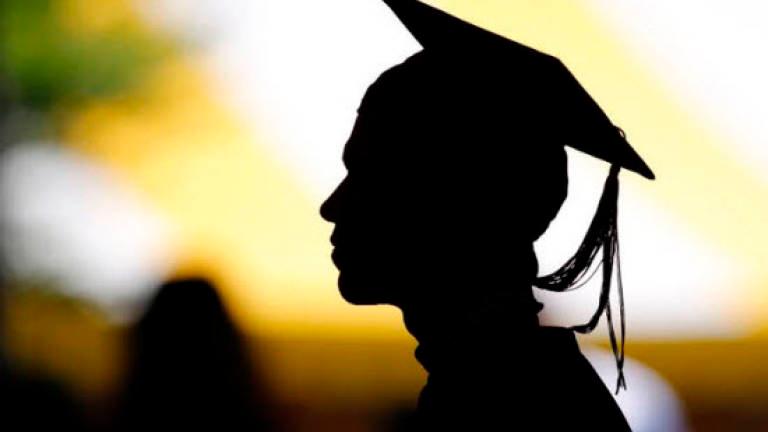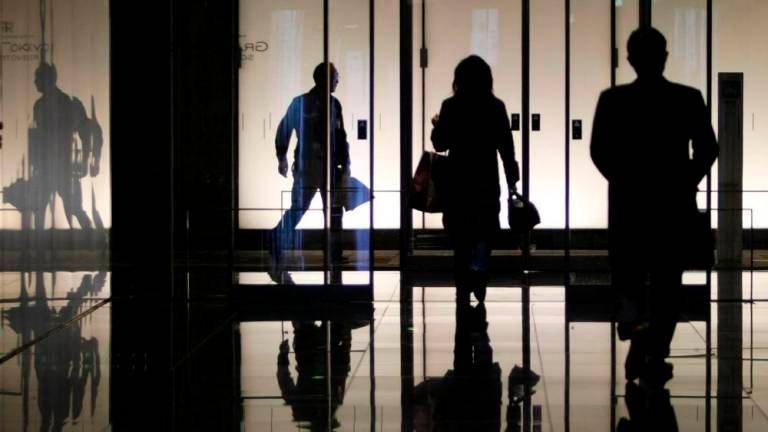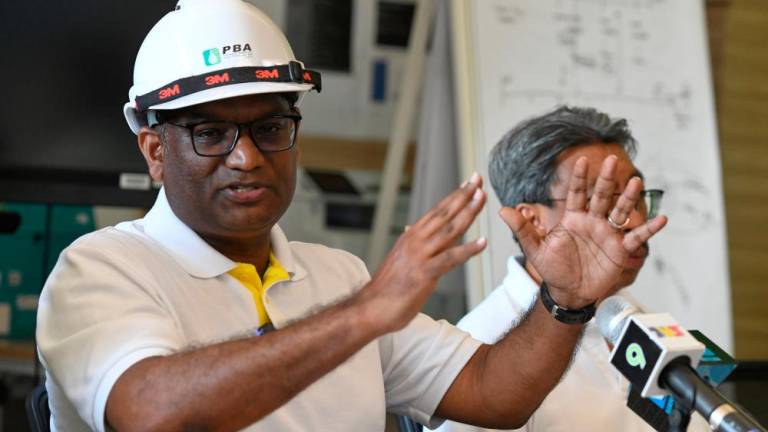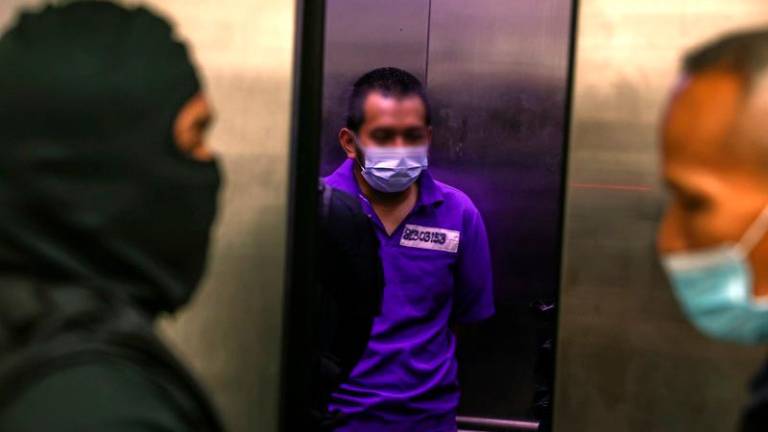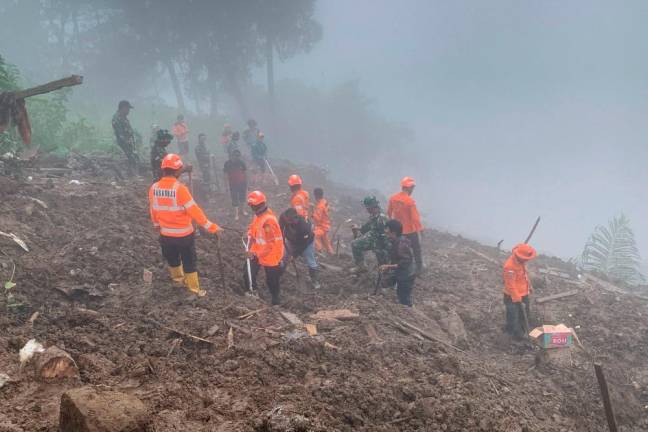PETALING JAYA: The education sector has taken a beating. The Covid-19 crisis has forced students to skip lectures and internship has been made almost impossible.
For the institutions, previously in-demand courses are under threat of being wiped out, and the education sector is losing revenue.
Many stakeholders have, in fact, written off whatever has been lost this year. “It can no longer be salvaged. The only thing we can do is focus on rebuilding in the next two years,” they said.
According to the Tourism Educators Association of Malaysia (TEAM), up to 10,000 tourism and hospitality undergraduates have already been affected.
TEAM president Assoc Prof Dr Hafiz Hanafiah said the biggest issue is the lack of learning facilities, such as computers, available to the students for online learning. “Those in the lower income households are the most badly affected,” he told theSun.
He said when the movement control order (MCO) was imposed, lectures had to be cancelled and students sent home. “We tried online platforms such as Zoom and Google Meet but students from the rural areas faced connectivity problems.”
Having no experience conducting lessons online, it is also a trial-and-error for the lecturers. “But we learn along the way,” Hafiz said.
To overcome the logistics problem, some universities have begun posting notes to students who live in remote areas.
Videos of lectures are also sent to them via services such as Telegram that enable them to download the smaller size files even with weak internet connection.
As Prof Datuk Teo Kok Seong of University Kebangsaan Malaysia noted, online learning can never replace face-to-face classroom work.
“It is only a supplement, it can’t be the main method. Courses like medicine and engineering need to be done in-person. Even the internet is not stable in urban areas, what more the rural ones,” he said.
Hafiz said the current conditions have also forced educational institutions to cram a 14-week syllabus into four weeks. “But we manage,” he said.
Another major hurdle, he said, is the impact the Covid-19 pandemic has on internship programmes for undergraduates.
“Hotels and restaurants are losing customers so the demand for interns is not there. Even for those who manage to get a stint as an intern, the learning process is inadequate because operations at these businesses are not fully functional,” he said.
It is estimated that the government’s decision to close all schools and tertiary educational institutions until the end of this year has left millions of students in the lurch.
Early this week, DAP adviser Lim Kit Siang slammed the government for its decision to close all learning institutions.
“The government should have left it to each state to decide whether or not a university or college should close instead of making a blanket decision,” he said.
Hafiz said the decision to close Malaysia’s borders also means that students from other countries will not be able to pursue higher education in Malaysia.
Many students in Malaysian private educational institutions come from China and the Middle East, making education a lucrative business.
Hafiz said lecturers also risk losing their jobs as a result of the reduced demand for courses in the hospitality industry.
But all is not lost.
Hafiz said public and private institutions are undergoing a curriculum review, with a focus on technology input.
“Once a vaccine is found and travel restrictions are loosened, things will pick up,” he said.



